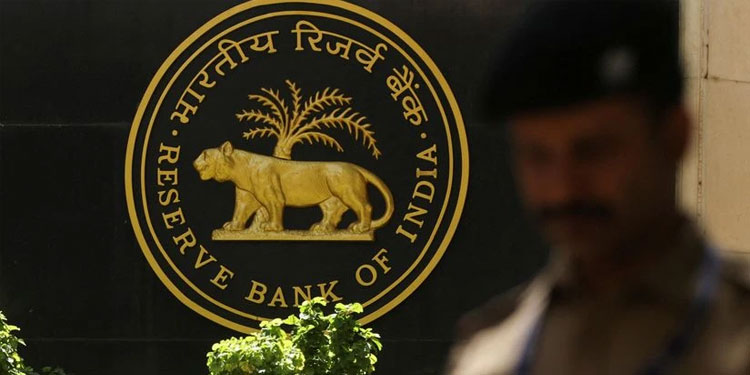 Today, the Reserve Bank of India issued a three month ultimatum to banks and financial institutions in India to stop all kinds of business relationship with entities dealing with cryptocurrencies. Furthermore, the central bank also announced a study to explore introduction of government backed digital currencies.
Today, the Reserve Bank of India issued a three month ultimatum to banks and financial institutions in India to stop all kinds of business relationship with entities dealing with cryptocurrencies. Furthermore, the central bank also announced a study to explore introduction of government backed digital currencies.
The RBI has formed an interdepartmental group to study and provide guidance on the “desirability and feasibility” to introduce a “central bank digital currency.” The report is expected to be submitted by June.
The RBI said
“Technological innovations, including those underlying virtual currencies, have the potential to improve the efficiency and inclusiveness of the financial system. However, Virtual Currencies (VCs), also variously referred to as crypto currencies and crypto assets, raise concerns of consumer protection, market integrity and money laundering, among others.
Reserve Bank has repeatedly cautioned users, holders and traders of virtual currencies, including Bitcoins, regarding various risks associated in dealing with such virtual currencies. In view of the associated risks, it has been decided that, with immediate effect, entities regulated by RBI shall not deal with or provide services to any individual or business entities dealing with or settling VCs. Regulated entities which already provide such services shall exit the relationship within a specified time.”
Commenting on the decision to restrict banks in India from dealing with entities dealing in cryptocurrencies, Deputy Governor Kanungo, said
“We have decided to ring-fence the RBI regulated entities from the risks of dealing with virtual currencies. These operators are required to stop having a business relationship with the entities dealing with virtual currencies forthwith and unwind the existing relationships within three months.”
Regarding the decision to constitute a group to study the feasibility of cryptocurrencies, Kanungo said
“Several central banks are debating the possibility of introducing a fiat digital currency. As opposed to private digital tokens, these are issued by a central bank. They constitute liability of the central bank, and they will be in circulation in addition to the paper currency that we have.”
Kanungo opined that a government-backed cryptocurrency will result in cost savings for the central bank as there will be a decrease in the amount spent on printing and circulating paper currency. He also said the blockchain or the distributed ledger technology, which is the backbone of the digital currencies like Bitcoins, has a lot of relevance for the wider economy and we need to embrace those.
“We recognize that blockchain technology or the distributed ledger technology that lies beneath the virtual currencies has a potential benefit for financial inclusion and enhancing the efficiency of the financial system. We also believe that they should be encouraged to be exploited beneficial for the economy.”
The Deputy Governor noted that regulators across the world are concerned about Bitcoin as they can be used for money laundering.
“There were media reports that the government is mulling the introduction of its own virtual currency called “Laxmi”,
the deputy governor said.
While issuing specific warnings to discourage discourage public from investing in the virtual currencies, RBI has also called for a “ring-fencing” of the country’s financial system from the private virtual currencies. Notably, during the budget session held on February 1, the country’s Finance Minister Arun Jaitley had called cryptocurrencies illegal. He had also stated that the government will do all that is needed to eliminate their usage.
Since then, the country’s top lenders such as AXIS, ICICI, HDFC Bank, SBI and Citi, have stopped supporting cryptocurrencies related transactions. This resulted in a 90% dip in trading activity.








